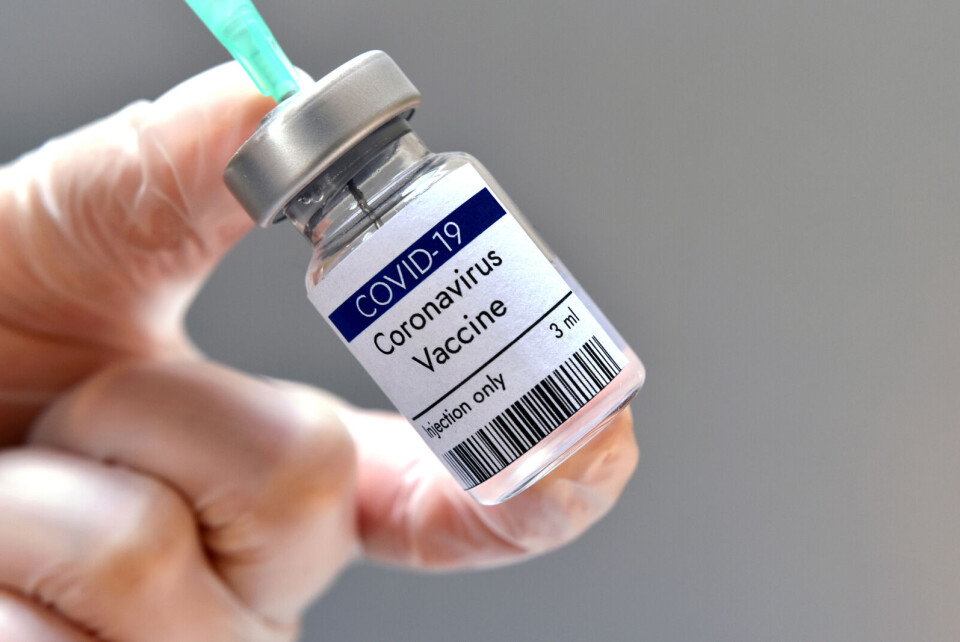-
Police across France hunt abandoned cars to free up spaces in urban areas
Vehicles cannot be parked on a public road in the same place for more than seven days
-
Senators examine proposal to guarantee access to cash machines in rural areas of France
Some 18.6% of French communes had access to at least one local ATM in 2024
-
French weekly weather forecast February 9-13: Unsettled with winds of up to 100km/h
Flood risk may increase in several regions and mountain conditions set to worsen
France-UK travel update: Mixed Covid vaccines are now recognised by UK
Many people in France have two different Covid vaccines and were previously not considered fully vaccinated by the UK, meaning they had to quarantine for 10 days on arrival

The UK government says it now recognises people who have received two different Covid vaccine types as fully vaccinated in an update made yesterday (September 22).
This applies to people who have been vaccinated with AstraZeneca, Pfizer-BioNTech, Moderna and/or Janssen (Johnson & Johnson), under a vaccination programme in the UK, Europe, the US or the UK Overseas Territories.
Previously, the UK government stated that a person must have two doses of the same vaccine type in order to be recognised as fully vaccinated. This rule applied only to England, and was not included in the rules of Northern Ireland, Scotland or Wales.
This created difficulties with travelling to the UK, with people not considered fully vaccinated having to quarantine for 10 days on arrival in the country.
Several Connexion readers highlighted the issue, saying that because of this rule they were unable to travel to the UK from France to visit family. It has been possible since the beginning of September for over 65s in France to receive a third booster vaccine dose, which would be one solution to the problem
This option is not available to the rest of the population unless they have serious health issues.
Read more: Why must mixed-vaccine travellers quarantine in England?
France has long considered a person fully vaccinated if they have had two doses of different vaccine types, and it is not an unusual situation in France.
This is especially the case as the AstraZeneca Covid vaccine was initially offered to everyone before being limited to only those aged over 55.
It meant that some people in France got a first dose of AstraZeneca and a second dose of another vaccine, most commonly Pfizer-BioNTech.
The Connexion first sought clarification over this with the UK government on August 24, but was given no explanation for the rule and offered no solutions to help mixed-vaccine people.
This is despite highlighting a Public Health England report on the UK’s Covid-19 vaccination programme, published August 6, 2021, which states that “evidence from trials suggest that those who receive mixed [Covid vaccine] schedules, including mRNA and adenovirus vectored vaccines, make a good immune response”.
A spokesperson for the UK Department for Transport told The Connexion today (September 23) that he would seek clarification over why the rule on mixed vaccines was previously in place, and why it has now been updated.
New rules
In addition to the update on mixed vaccines, the UK government is planning to recognise people vaccinated in several other countries around the world, from October 4. This includes Australia, Israel, Malaysia, New Zealand and Singapore.
For a full list, see the UK government website here.
From the same date, the UK will also consider people to be fully vaccinated if they have received two Covid doses under two different vaccination programmes. For example, one dose in the EU and one in the US.
Related stories
Two jabs post-Covid now possible in France for travellers to UK
‘French Covid certificate maiden name issue almost cost me my flight’
Briton living in Paris hit twice by UK-France Covid quarantine issues
























